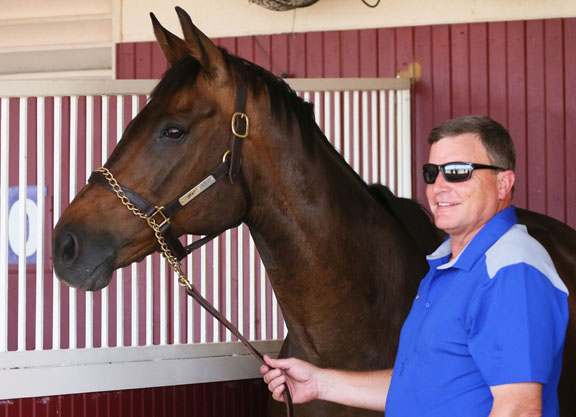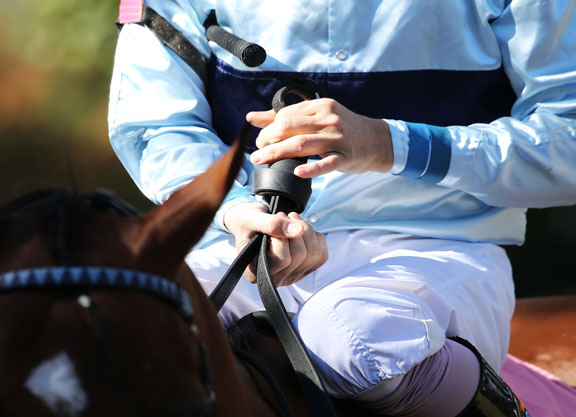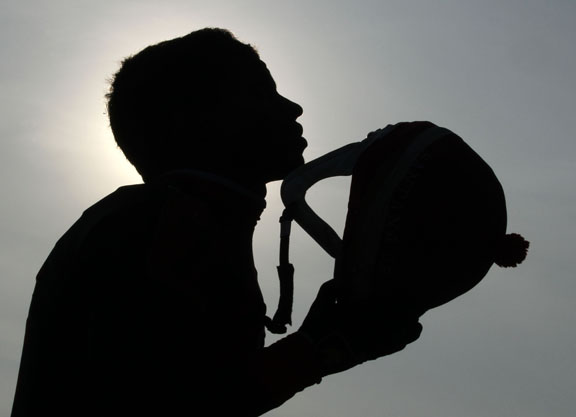The Jockey Club has completed a contribution of more than $750,000 from its commercial businesses to the Racing Surfaces Testing Laboratory (RSTL) for equipment and other assets to expand services to additional racetracks across North America, the organization announced Tuesday. The need to increase and sustain the future of research and innovation in track safety testing by the RSTL was expressed by Dr. Nancy Cox, dean, College of Agriculture, Food and Environment, University of Kentucky, at The Jockey Club's Aug. 11, 2019, Round Table Conference. Following Dr. Cox's remarks last...









